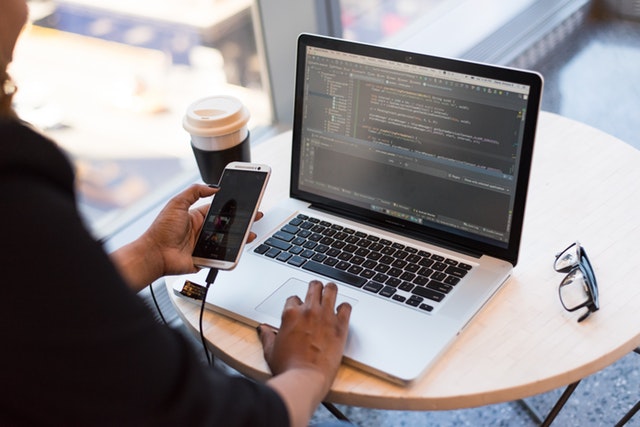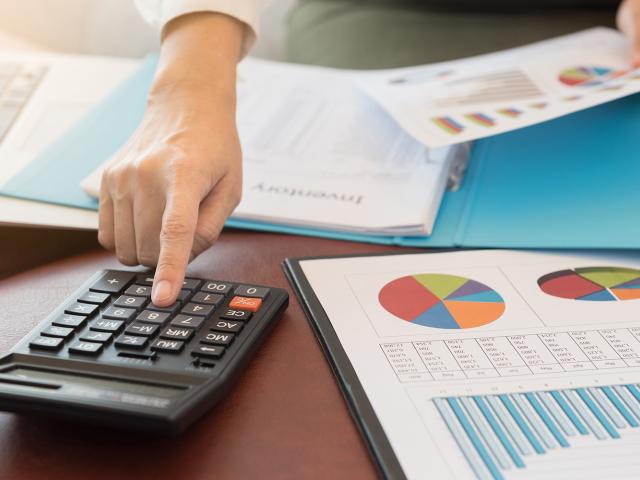
Managing personal and service financial resources have actually never ever been much easier! Straight depositing of worker incomes has ended up being the norm. Account monitoring as well as fund transfers can be accessed online, at the touch of a button. Do the cashiers at your community bank also know what you resemble? Hmmm … this in itself is rather frightening!
This convenient method to conventional financial doesn’t come without danger, nevertheless. It’s more crucial than ever before to be incredibly savvy on best practices to keep your accounts and also funds safe from online thieves. Adhering to are some vital ingredients to assist you to prevent being a target:
Usage Solid Passwords
Avoid using passwords that cyberpunks can easily guess (e.g., 123456, password, abc123). Utilize a one-of-a-kind password that has a combination of letters (upper/lowercase), numbers, and also signs. Below are some tips for building solid passwords:
– Make passwords extensive
Each personality that you include in your password enhances the defense that it supplies tremendously. (Aim for a minimum of 8 personalities.) Many systems also support spaces in passwords, so you can create a “pass expression” that is usually less complicated to keep in mind. If your system does not sustain a phrase, transform it into a password. For instance, the expression “In the starting God produced the heavens as well as the planet” would certainly be “itbgcthate”.

– Integrate letters, numbers as well as signs
The higher variety of personalities that you have in your password, the harder it is to think. As an example, you can use the capital “G” and replace “ate” in the above password with “8” to come to be “itbGcth8”.
– Substitute unique characters
You can utilize icons that appear like letters, and incorporate words (remove spaces) as well as other ways to make the password a lot more intricate. For instance, change an “o” with the number “0” or an “s” with the icon “$”.
Never ever share passwords with any individual, as well as make use of various passwords for every one of your accounts.
Use a Secure Network
Stay clear about utilizing public WiFi to access monetary accounts. Be questionable of all computers (also the library or your friend’s computer), as they may have infections and spyware set up.
Be Wary About Sharing Individual Details
Revealing excessive concerning yourself online only aids potential cyberpunks … which prevails in today’s social networking world. Seemingly innocent details such as pet/children’s names as well as previous institutions can quickly be linked to account passwords or protection questions. It ought to do without claiming that you ought to never expose the following online: your mother’s maiden name, your social security number, financial institution, and also various other monetary account numbers or your username/passwords for any kind of account.
Preserve Anti-Virus Software Application
Keep virus security software applications as much as date. Infections may tape-record keystrokes as well as other tactics to obtain account information.
Evaluation of Regular Monthly Statements
Don’t be lax about periodically evaluating your online statements. Contrasting your online statement with a log of purchases, such as receipts or an Excel spreadsheet, will quickly notify you of the dubious task when you click for reference on this link.
Know Your Bank’s Interaction Plan
If you get an email from your bank asking for individual details, don’t reply! In general, banks will certainly never ever solicit participants for individual information. It’s ideal to grab the phone and call your financial institution affiliate directly to discuss the questions, as it is probably somebody trying to hack right into your account.
